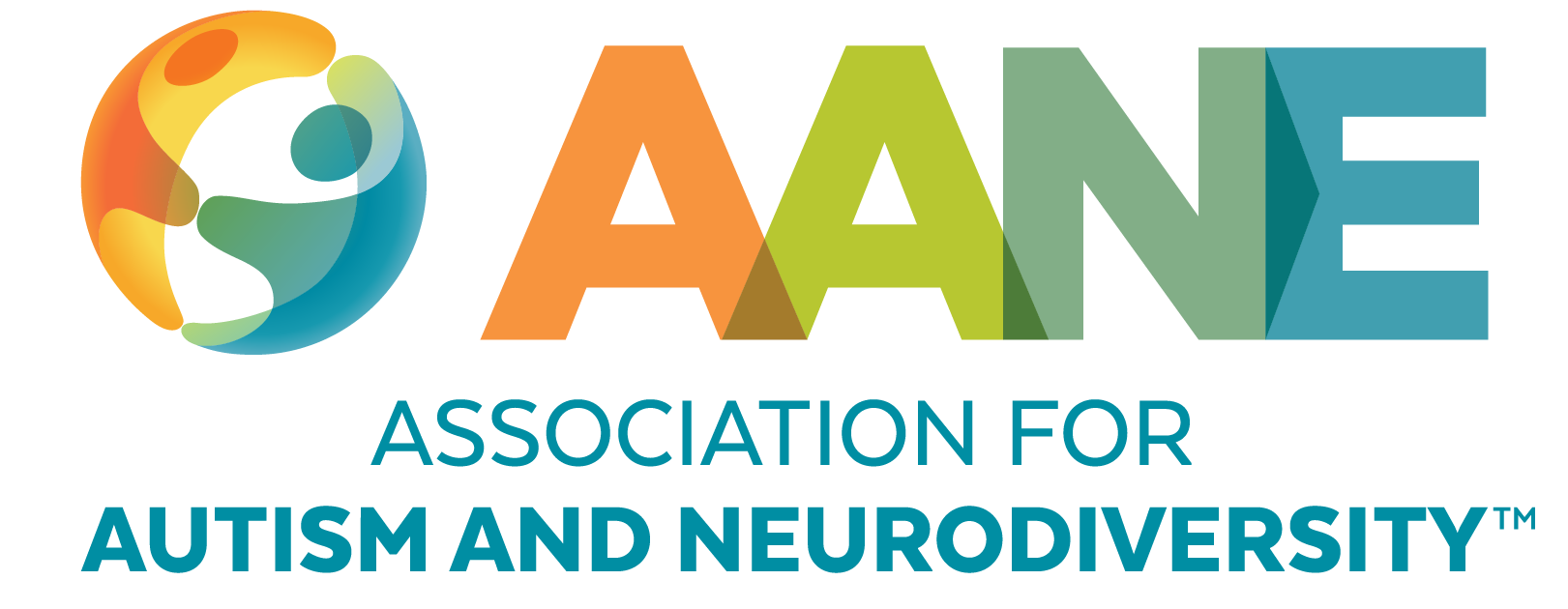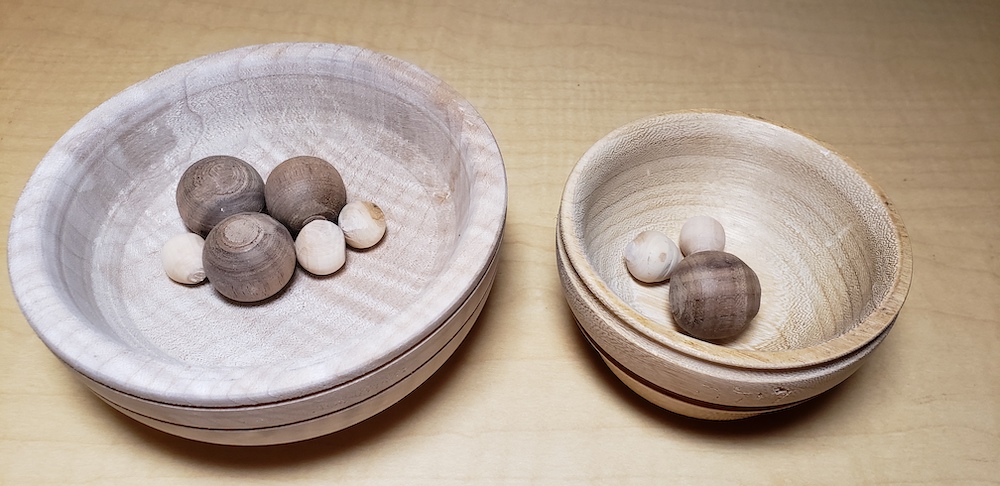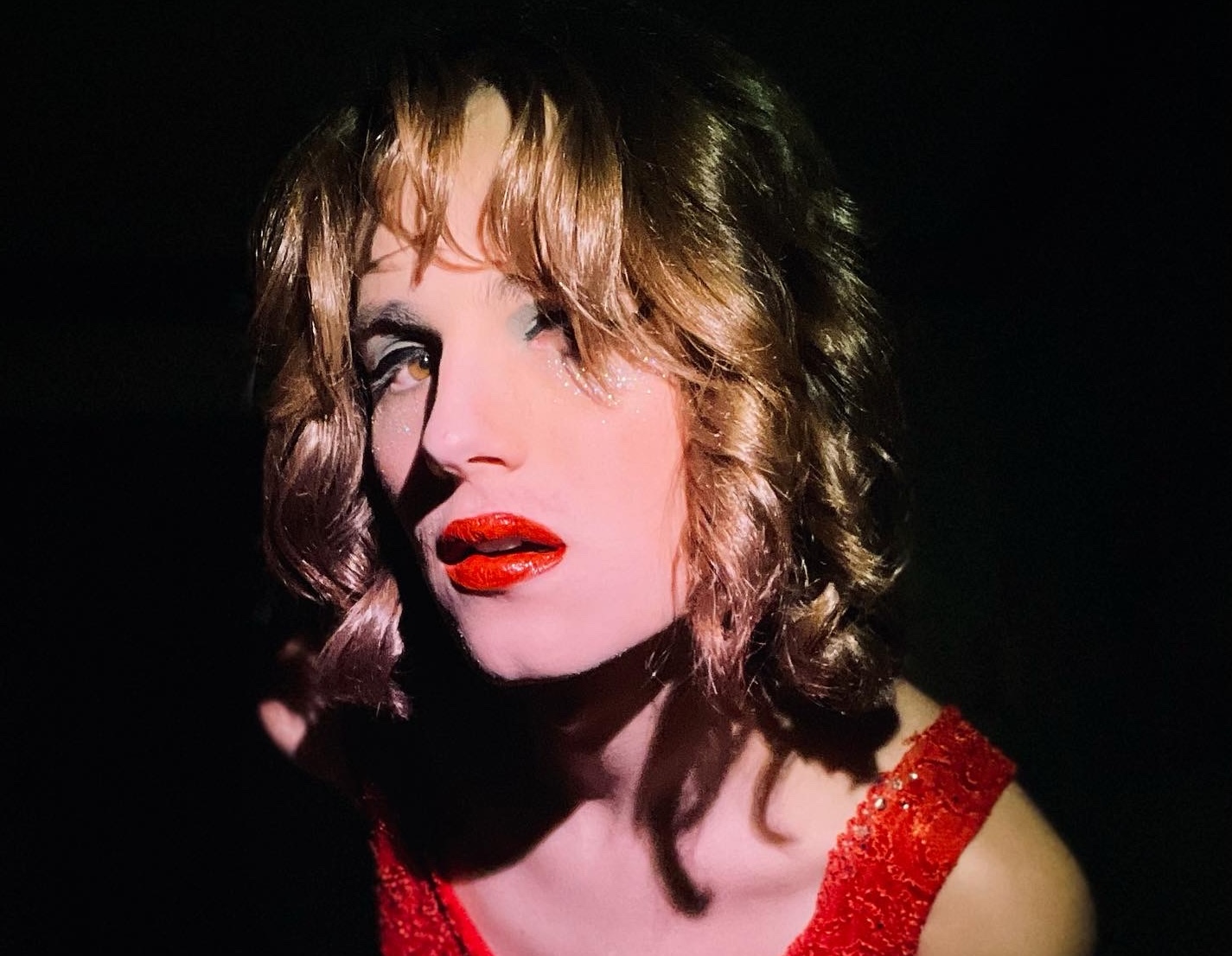
Autism and the Self
About the Author
Dania Jekel, MSW is co-founder and former executive director of AANE. She was one of the first people to develop programs to train professionals about the needs and strengths of people on the autism spectrum, especially adults, women, and those who receive a diagnosis later in life. She also served on the Massachusetts Autism Commission.
I’ve been thinking a lot about the idea of a person’s relationship to self. We use a lot of words and phrases combined with “self” like self-understanding, self-awareness, sense of self, which all point to a kind of knowledge a person can have about their intrinsic nature, and of who and what they are. This is the internal universe composed of the myriad of attributes that form a person’s core.
Over the years, I have seen many Autistic older teens and adults struggle to gain a true sense of self. Even those who are incredibly hyper-perceptive about other people may be confused about their own particular, unique characteristics and makeup. In other words, they may lack a mental picture of who they are as a person and real self-understanding. Some have even told me they feel like blank slates, or chameleons who can change colors as required, but they don’t feel they have a color of their own.
The Results of Self-Unawareness
Several issues may surface for those on the spectrum who find they have little self-understanding and a weak sense of self.
- Masking and Camouflaging. For some Autistic teens and adults, the inability to feel a sense of self creates an intentional or subconscious need to try on different personas, especially when young. They might see someone who is popular in school or at work and they imitate that person’s mannerisms, interests, dress, or the way they talk. This often works for a while (some people are exceedingly good at it), and Autistic individuals might feel they are finally perceived as “normal.” But having to make that type of an effort constantly and pretend to be someone they are not, is unsustainable, takes an emotional toll, and leaves people exhausted. Moreover, taking on a false persona often causes them to lose touch further with who they are, what they really like and think, and how they feel.
- Filling the Void. Individuals often become vulnerable to people and organizations which seem to provide a sense of self for them. Some of these situations can create healthy and positive meaning for a person, while other scenarios may take advantage and can indoctrinate extreme theories or demand detrimental behaviors.
- Believing the Negative. Unfortunately for many on the spectrum, the messages and feedback they receive from people in their life is often (or is often perceived as) negative. The negative responses can be subtle or explicit, like being excluded socially, bullied, losing employment, or being rejected by a date. Autistic individuals might compare themselves to siblings, peers in real life and on social media, and falsely imagine everyone else is somehow “better” than they are. This caustic effect on self-esteem creates a downward spiral with a weakened sense of self. This self image is very sticky and once formed is very hard to overcome or replace. Subsequent positive events the person experiences are rejected or passed off as “momentary luck” unrelated to their effort or talent. Moreover, negative events are often over-inflated as reinforcing proof to confirm the person’s own internal negative bias about themselves.
Worth the Work
On the other hand, developing a strong sense of self brings huge benefits. It causes a person to feel comfortable in their own skin and helps to silence the external and internal critical voices. Resolving inner turmoil and confusion gives a person room to connect with others and establish a supportive community without the dependent need for external validation. It is only through self-understanding that we arrive at the most important “self” word of all: self-acceptance.
So if you recognize you need to discover a stronger sense of self, here are my suggestions and some inspiration:
- Start now intentionally working to understand your true self, who you are, and what makes you tick. Take the time for deep and careful reflection, analyzing the many different experiences and influences in your life and how you relate to them then and now. Consider the things that have brought you personal joy, ease, comfort, and peace. This may feel like peeling away layers of an onion to reach the core, and for many, this will be a cognitive, not intuitive, process. You may need an outside person who you trust to help you with this.
- Give yourself permission to be yourself and accept yourself as you start to uncover aspects of your personality, interests, and other components that make you who you are. Understand you have worth and do not need to change into something you are not. Try to ignore the outside noise of what a good life looks like and what it means to be successful.
- Create your own standards and live up to them. Make up your own mind about what’s important to you and follow that path. Understand that people have implicit bias toward people who are different from them, and what’s more, you may have internalized this bias as well. Understand that people can be bullies and hateful toward others and that reflects on them, not you.
- Find positive things in life–things that make you proud. Follow your interests. Do something for others or do something that helps the world. Even a small thing can be important.
- Take pride in being different. The world would be very boring if everyone thought the same way.
- Find like minded people who accept you the way you are. This may take time and it doesn’t mean there won’t be disagreements or disappointing experiences. But having a fundamental basis of acceptance will make your relationships resilient and uplifting.
Be patient with yourself. Changing a mindset can be a long, iterative process, and it is made more difficult living in a world that is not designed to accept and appreciate certain differences. But moving towards self-understanding and self-acceptance will provide you with the freedom to find true personal satisfaction and a life that suits you.
Stay Current
Subscribe for AANE weekly emails, monthly news, updates, and more!





